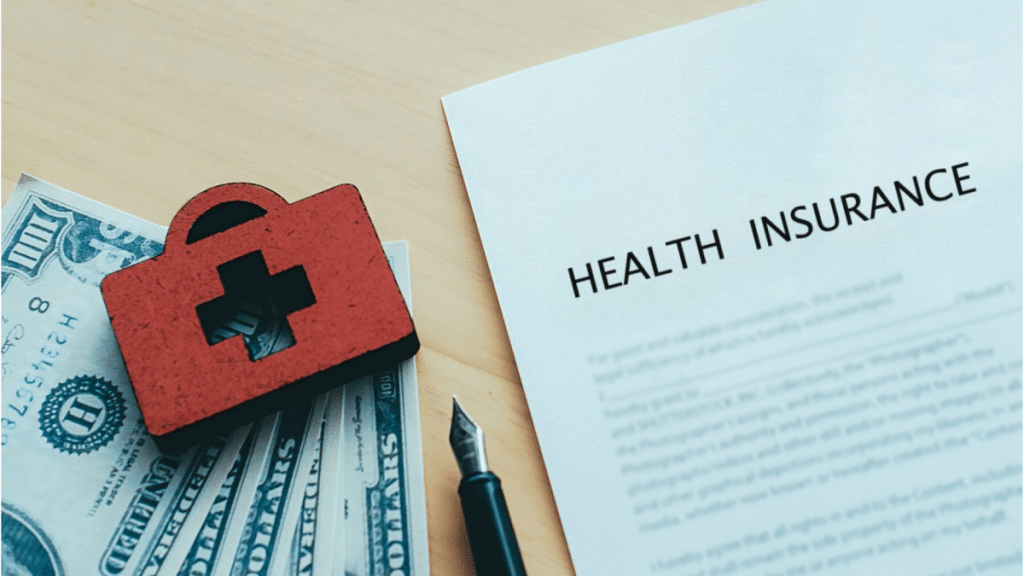Usually, injured victims of car accidents can claim compensation if the crash results from another driver’s negligence. You can do this by filing a personal injury case. However, this becomes complicated if the driver flees the scene. How will you file a claim against the liable party if you can’t locate them?
Fortunately, specific insurance coverages can be used to cover the damages of a hit-and-run case, lessening the financial burden of the crash. This post will delve into the complexities of managing insurance claims and seeking compensation after a hit-and-run accident, providing insights and assistance for those facing such difficult circumstances.
What Constitutes Hit-and-Run?
A hit-and-run occurs when a driver in an accident leaves the scene without providing contact information or offering assistance to anyone harmed. This includes collisions with other vehicles, pedestrians, cyclists, and property damage.
Most, if not all, jurisdictions compel all vehicles to stop at the scene of a collision and report it to the authorities. Failure to do so may result in legal consequences. In most cases, it may seem like you are also at fault for the crash if you flee the accident scene. This is why it is essential to follow the steps below to avoid being tagged as a hit-and-run driver after a collision:
- Remain composed.
- Assess the well-being of all parties involved in the crash.
- Promptly dial 911 to inform law enforcement of the incident.
- Collaborate fully with the arriving officers.
- Refrain from leaving the scene until the accident has been thoroughly investigated.
- If you hit an unattended vehicle, leave pertinent identification information, including your name and contact details.
Can I Claim Compensation for a Hit-and-Run Accident?
Typically, if a collision results in injuries or damages caused by another driver, the injured party may file a vehicle accident claim to seek compensation.
However, if the responsible motorist flees the scene, law enforcement officers must locate them using evidence such as witness descriptions or vehicle license plate numbers. After discovering the at-fault driver, you can file a claim against them.
Meanwhile, if the authorities can’t locate the driver, you may still receive compensation for certain damages using your insurance policy.
You should consult with a hit-and-run lawyer to examine your case and contend for fair compensation depending on the losses you sustained.
What Insurance Covers Hit-and-Run Accidents?
If law enforcement cannot locate the hit-and-run driver who caused the accident, you may still be eligible for compensation under your insurance policy. While hit-and-run accidents present a particular issue when using insurance coverage, numerous types of insurance may be available to pay the damages.
Collision Coverage
Collision coverage is a form of insurance that offers compensation for vehicle damages resulting from car accidents, regardless of who committed a fault. This coverage assists in covering costs associated with repairing your vehicle or replacing damaged car parts in the event of a hit-and-run collision.
Note that you may not use your collision coverage in some situations, including collisions with animals, being at fault for a car accident, or damages resulting from uncontrollable incidents, such as hitting a falling branch or tree.
Uninsured Motorist Coverage
Uninsured Motorist Coverage protects you and your passengers in an accident caused by a motorist who is either uninsured or has insufficient insurance to cover your damages. UM coverage often pays for medical expenses, lost wages, and other losses caused by the accident.
Most states don’t require obtaining this type of insurance. However, purchasing it is a smart choice if you want to be sure and protected in case of a hit-and-run accident or a crash involving a driver with limited insurance coverage.
Medical Payment
Medical payment coverage, sometimes known as “MedPay,” is insurance that helps pay for medical bills caused by injuries sustained in a car accident, regardless of who is at fault. It usually covers expenses like hospital bills, doctor visits, surgery, X-rays, and other medical treatments.
If your auto insurance policy includes medical payments coverage, you can use it in case of a hit-and-run crash. In such circumstances, MedPay can assist in covering your medical bills, even if the at-fault driver cannot be identified or discovered.
Personal Injury Protection
Personal Injury Protection (PIP) is a type of insurance coverage that covers medical and other related costs for the policyholder and any passengers injured in a car accident, regardless of who is at fault.
This type of insurance covers lost wages, funeral expenses, psychiatric care, and rehabilitative care. Additionally, PIP encompasses hospital bills and other medical costs incurred by passengers involved in the accident, household members connected by blood, marriage, or adoption, and pedestrians injured in an accident.
Note that PIP availability and coverage limitations differ based on the state and insurance company, and it is required in certain states but optional in others.
Do I Need a Lawyer for a Hit-and-Run Case?
Most hit-and-run victims ask, “Should you get a lawyer after a car accident?” The simple answer is yes. Most hit-and-run accidents result in complicated cases requiring extensive knowledge and experience to win.
For instance, a speeding driver hit you and left the scene without providing any identification or reporting to the authorities. Unfortunately, you weren’t able to secure evidence due to your injuries, there were no witnesses at the scene, and your dash camera was defective. How, then, will you locate the driver without any evidence pointing to their identification or location?
A personal injury lawyer has expertise and resources in gathering proof to determine the at-fault driver. In most cases, they will hire a car accident reconstruction expert to assess the accident and find evidence for the claim. If it is impossible to locate the driver, they will determine the best legal options for you to receive maximum compensation for your damages.
